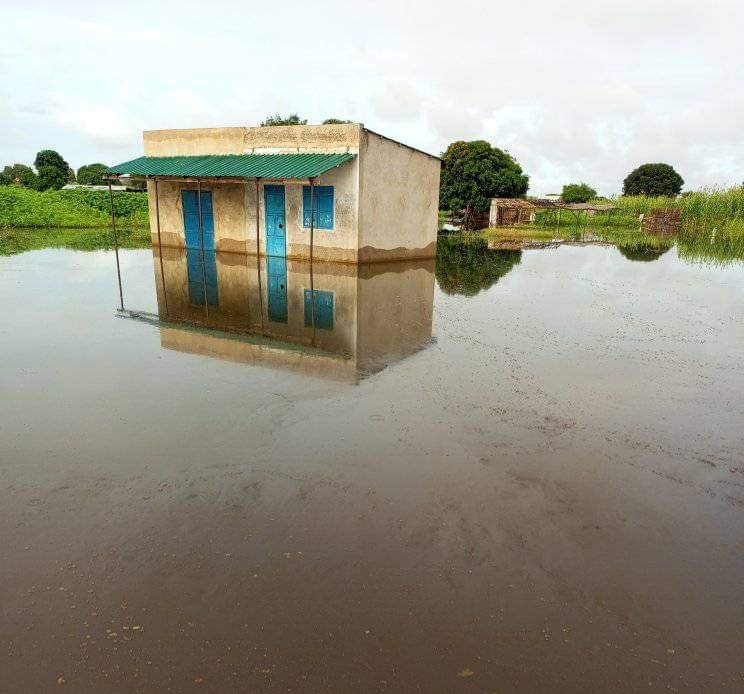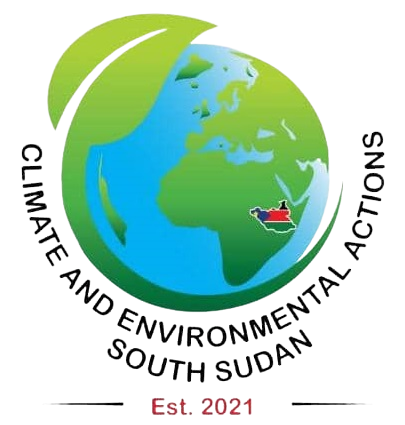Project Justification
South Sudan is experiencing substantially warmer and drier weather, and the combination of these effects leads to increasing evapotranspiration and more droughts. There has been decreasing rainfall accompanied by rapid increases in temperature. This warming like in most developing countries, which is two and a half times greater than the global warming, is making normal years effectively drier in the country.
Rapid population growth and the expansion of farming and pastoralism under a more variable climate regime could dramatically increase the number of at-risk people in Sudan over the next years. Climate change will aggravate South Sudan’s fragile environment and may contribute to existing issues accompanied by famine, increasing drought and manifestation of various diseases and infections. South Sudan experiences both widespread and localized droughts and floods caused by above or below-normal rainfall across the country or in a certain region.
These effects of climate change require all hands to get on deck for promoting safe and sound practices, processes, activities and methods to mitigate climate change.
Main Objective
Climate change is still not widely known and there is a huge gap in terms of knowledge and awareness on climate change, its effects and underlying impacts on our socioeconomic, cultural and physical livelihood. Hence, this project intends to promote sound and realistic awareness on climate change, its effect and the necessary adaptation and mitigation strategies and processes that communities needs to take into consideration in order to be part of the global fight against climate change
Additional Proposed Project Areas
- Greener South Sudan Campaign
- Environmental Education for Early Childhood Development
- Environmental Awareness, Training & Workshops
- Creation of an Environmental Volunteer Database

Expected Result
The project beneficial will understand and address the impacts of the climate crisis, empowering them with the knowledge, skills, values and attitudes to act as agents of change. It will increase enthusiasm and support by the public and stimulate self-mobilization and action, and mobilize local knowledge and resources on climate change.
